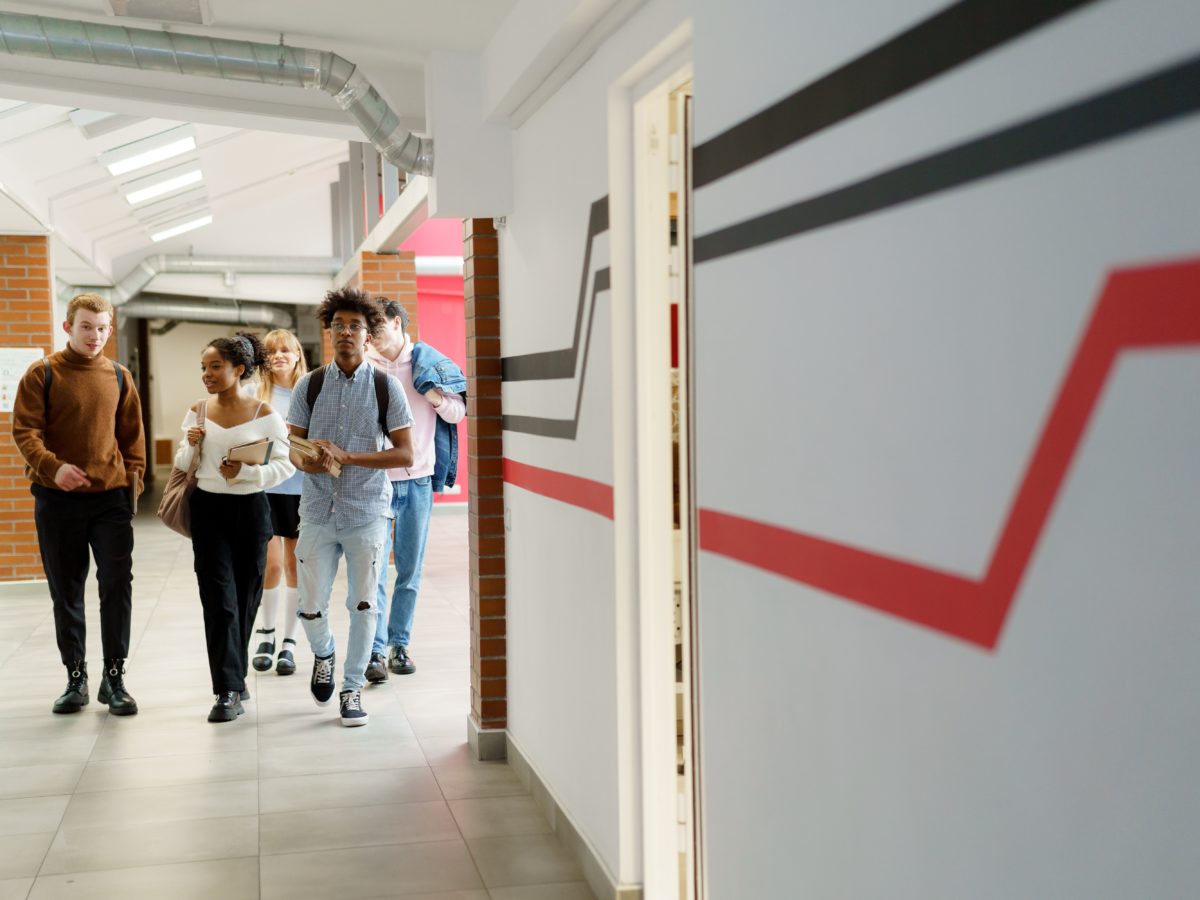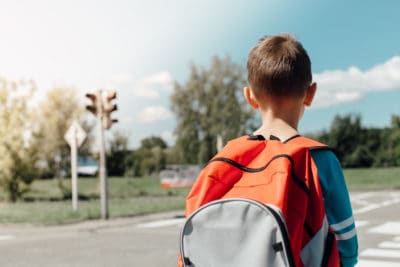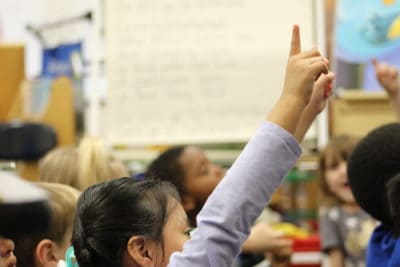
“We are a sad generation with happy pictures.” Seldom am I shocked by a headline, but in a time where clickbait runs rampant, this line forced me to pause, think, and feel. While this quote paints a rather bleak picture, I do believe that experiencing high school during a pandemic has been sad and difficult. The struggles of online schooling may seem to be recent developments, but as a senior who has been a product of my school system for 12 years, it is clear to me that schools weren’t working even before this massive disruption. I hope that as we navigate another year with debates around masks and vaccinations, schools will pause and turn to students to hear our voices in shaping the next chapter of the American public education story. If school leaders prioritize centering student experiences, they may just hear some surprising feedback.
My generation has grown up in a way that those before us did not. We live in an increasingly informed age with access to knowledge and resources from anywhere on earth and throughout history right at our fingertips. For us, the point of education should not just be to provide students with the information — we need to be supported in connecting the dots as well. Yet schools continue to exist under the harmful pretense that a one-size-fits-all model of education is conducive to learning. My peers and I have different goals, different strengths, and different interests. Isn’t it time that schools took advantage of the technology and advancements in research to find ways to meet us students where we are?
Another ongoing challenge with schools is the narrow focus on academic outcomes: tests and grades. While I understand the rationale behind this focus in allowing institutions to gauge success and progress, I’m realizing that grades aren’t everything, and even the best grades won’t make up for a lack of holistic development. Who you are as a person and developing a holistic approach to building social and emotional connections are so valuable to future success.
As schools strive to support students of the future, I hope schools can shift the focus from grades — recognizing these measures are temporary — to student’s values, their sense of belonging, and mental states — as these are things we carry with us long after class has been dismissed. It’s not an either/or but a both/and. The pendulum needs to be balanced.
And then there is the school day itself, which was built to support an industrializing society, not today’s global workplace. I wonder what it would be like for most parents, teachers, or school administrators to spend one week as a high school student. Often, when I hear adults talking about their time in the classroom, it sounds like they are romanticizing it. It seems that the experience of being a student is different in their memory than it was in actuality or what it’s like for students today. Getting up pre-dawn, going from class to class, listening to teachers’ lectures with limited interaction, then off to activities, then homework until the late hours before doing it all again the next day. The hours, the structure, the routine are all relics of an era drifting into antiquity.
From the courses to the way they are taught, there is a huge disconnect to what many of us need as we join the workforce of tomorrow. One of the few high school courses that I walked away from valuing the information and skills I had acquired was statistics. In our current society, where data is omnipresent, being able to understand it properly is an incredibly valuable and applicable skill. A majority of my educational experiences have left me yearning for an application of content I simply could not find. There isn’t that kind of connection to the real world, leading to many students becoming disenchanted with education.
As we consider what learning can look like for my generation and those to come, I hope more schools will take the time to walk a mile in the shoes of their students and redesign the school day with them in mind. Students are both the end consumer and the product of the educational system, and yet the perspective of students is frequently disregarded, as though we’re not fully conscious of our situation. This is simply not true, especially growing up in today’s era of information and connectivity. To be better, schools must ask the right questions of their community and make changes based on the responses. This starts with listening to us.
Recommended reading



